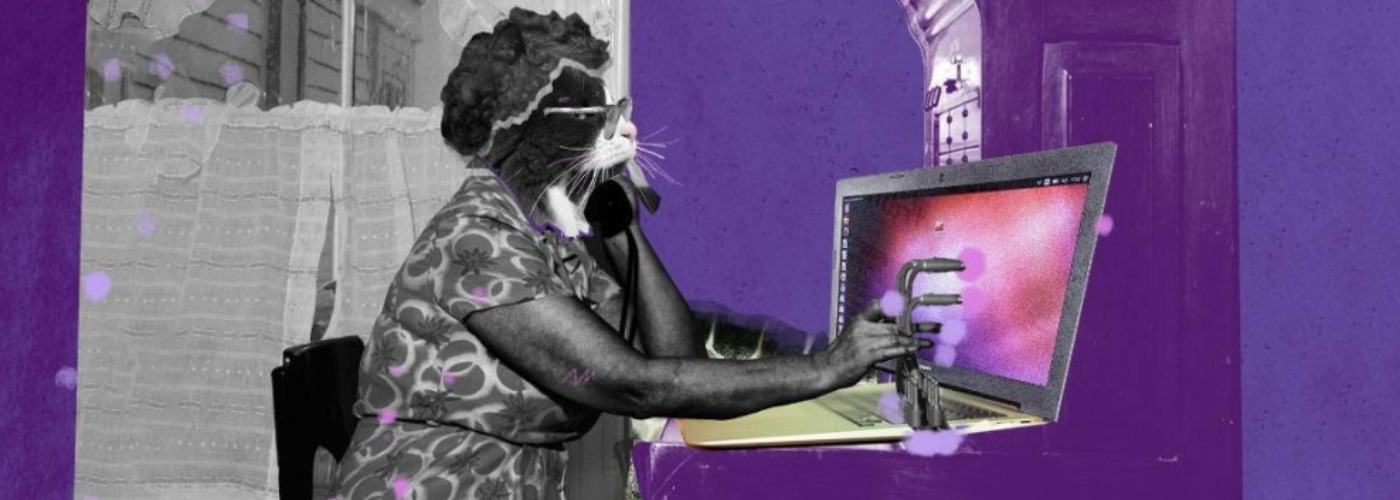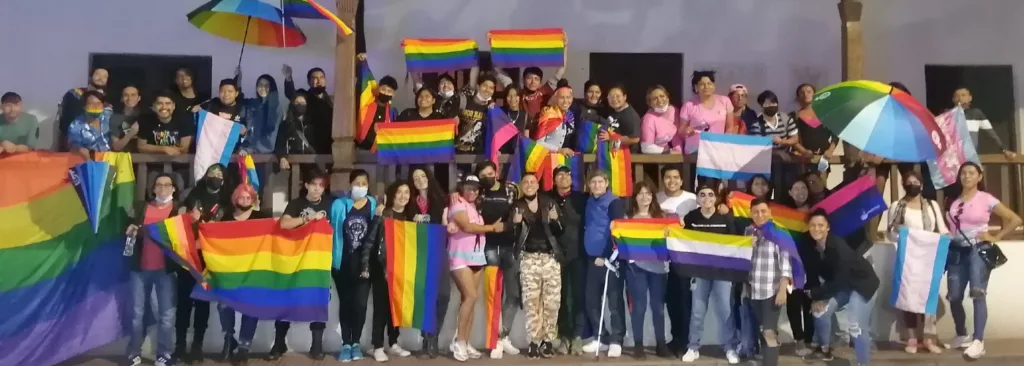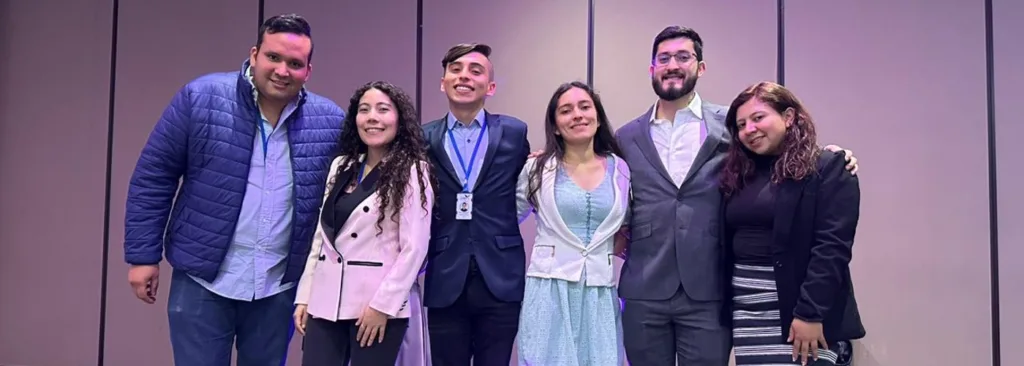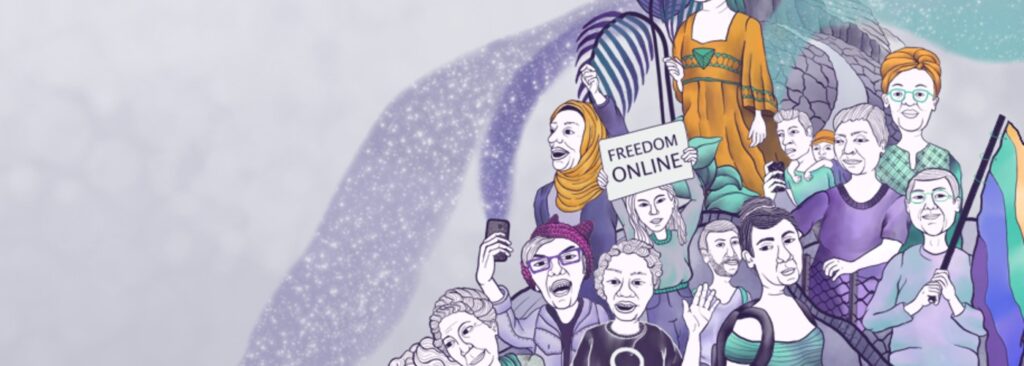In Ecuador, the fight against gender-based violence isn’t just happening in the streets—it’s happening online. Sitting behind their screens, women and LGBTIQ+ individuals are facing an onslaught of digital harassment, exploitation, and threats. Taller de Comunicación Mujer (TCM) has been fighting this hidden scourge since 2017 with its helpline for survivors. Priscilla Purtschert Baquerizo (they/them), Coordinator of Navegando Libres por la Red (the digital rights program by TCM) gives us some insights into the challenges of operating a helpline that supports survivors of technology-facilitated gender-based violence (TFGBV). “Digital violence is complex, evolving faster than the systems that try to address it,” they say.
Intersectional approaches to supporting survivors
Priscilla explains that the helpline is more than just a service—it’s a lifeline for women, LGBTIQ+ individuals, and activists who are increasingly targeted online. The cases range from digital harassment to sextortion and AI-generated violence, so the helpline uses an intersectional approach to address TFGBV. With the help of partners like Hivos through the Digital Defenders Partnership, TCM is trying to provide survivors with the resources and support they need. TCM is a part of the community of feminist helplines, a global community of practices where helplines share experiences and resources, as well as a part of the Feminist Helplines Index where people can find similar support that suits their needs in their region.
The helpline operates on platforms like Signal, Telegram, and WhatsApp so survivors can seek help on channels that prioritize privacy and security. With a focus on digital safety strategies, emotional support, legal advice, and mental health resources, the helpline team offers survivors timely and practical solutions to their urgent and unique situations.
Defining the rapidly evolving types of TFGBV
New forms of abuse are constantly emerging alongside technological advances. Priscilla and their team have recently noticed a troubling trend: the rise of AI-powered violence. With AI’s strong gender bias, it’s easier than ever to generate harmful content specifically targeting women and LGBTIQ+ individuals. The team at TCM is already adapting to this shift by developing a feminist game to raise awareness about this use of AI through stories from the Global South.
One of the core challenges, Priscilla notes, is the lack of clear definitions around the various forms of digital violence. “Many people don’t even realize they’re victims of online violence,” they explain, “because they don’t know what it looks like.” For many survivors, especially younger victims, the blurry line between what is considered harassment, stalking, sextortion, or even AI-manipulated content makes it harder to seek help. TCM has been working to clarify these definitions to better address the growing complexity of digital violence and to demonstrate the clear differences between the types of violence they are dealing with through the helpline.
The generation gap
The team’s research in Quito and northern Ecuador uncovered another critical issue: adults’ lack of understanding of digital sexual violence. Teenagers, who often fall victim to online predators, are left feeling unsupported or even blamed by the adults around them. Priscilla stresses the importance of creating clear language and frameworks around TFGBV to both educate the public and institutions about the different types of TFGBV and provide effective support for survivors so they don’t feel further isolated.
New forms of digital violence require renewed funding
As online abuse evolves, so too must the support systems—and the funding to keep them running. Looking forward, Priscilla sees the future of digital violence as becoming increasingly complex, particularly with AI shaping the ways violence manifests online. However, the organization remains committed to the fight. By producing resources, expanding outreach into rural and marginalized communities, and focusing on the intersectionality of violence, they aim to continue supporting those who are most vulnerable. “We’re adapting to meet the challenges,” Priscilla says, “but without continuous funding, we can only do so much.”
About Digital Defenders Partnership
Digital Defenders Partnership (DDP), managed by Hivos, is an emergency grant mechanism for digital activists under threat launched by the Freedom Online Coalition in 2012. It provides a holistic response to digital threats and creates resilient and sustainable networks of support to human rights defenders.








